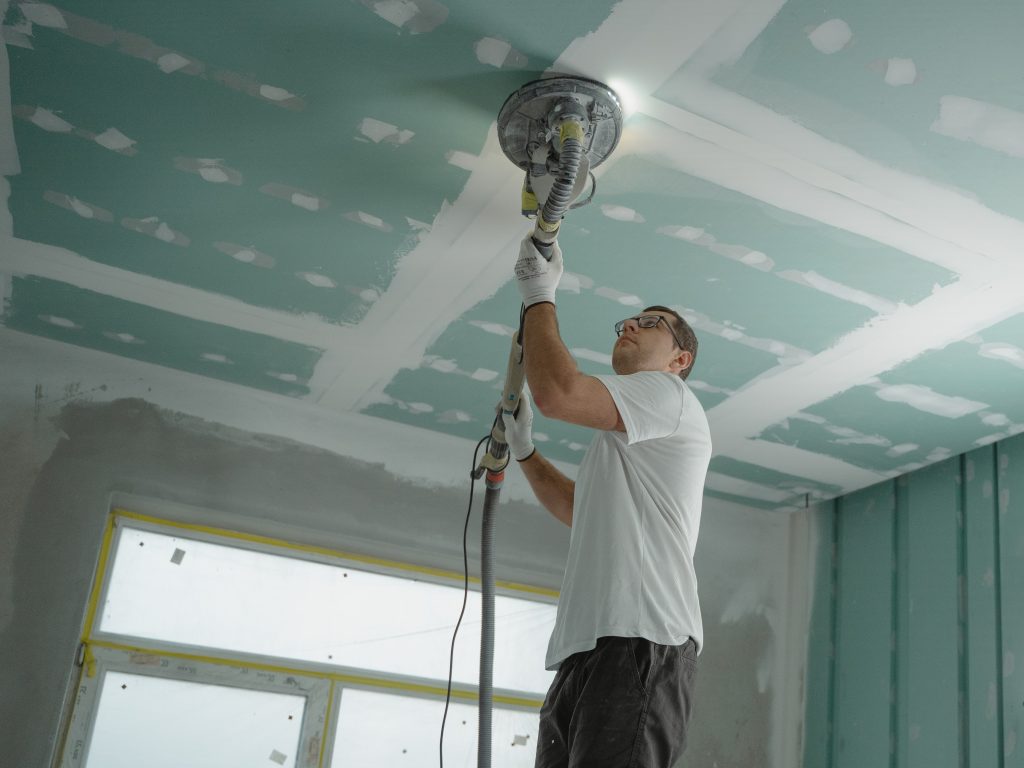
When you’re preparing to sell your home in New Jersey, one of the biggest questions you might face is whether to invest in renovations before putting it on the market. On one hand, a well-maintained, updated home may attract more home buyers and fetch a higher price. On the other, renovations can be costly and time-consuming, and not all upgrades guarantee a return on investment. So, what’s the best approach?
Here’s a guide to help you decide whether or not to renovate your home before selling.
1. Assess the Current Market Conditions
Before you pick up a hammer or hire a contractor, consider the state of your local housing market. In a seller’s market, where demand exceeds supply, homes often sell quickly and for top dollar, even without significant renovations. In these conditions, your home may attract multiple offers as is, and buyers might be willing to overlook minor cosmetic issues.
In a buyer’s market, however, where there are more homes for sale than buyers, you may face more competition. Upgrades could make your home stand out among a crowded field and justify a higher asking price.
2. Focus on ROI-Driven Renovations
Not all renovations offer the same return on investment (ROI). Some upgrades boost your home’s value more than others, while some may not be worth the time or cost. According to many real estate experts, here are a few high-ROI projects:
- Kitchen Upgrades: Even small updates like replacing outdated appliances, repainting cabinets, or upgrading countertops can significantly boost appeal. The kitchen is often considered the heart of the home, and buyers are drawn to fresh, functional spaces.
- Bathroom Updates: Minor bathroom renovations—like regrouting tile, replacing fixtures, or updating the vanity—can add value without breaking the bank. A clean, modern bathroom will always appeal to buyers.
- Curb Appeal Improvements: First impressions matter. Simple fixes like landscaping, a fresh coat of paint on the front door, or new lighting can improve the exterior look without heavy investment.
- Energy-Efficient Upgrades: Installing energy-efficient windows or improving insulation can make your home more attractive to eco-conscious buyers and lower utility bills, making the home more appealing.
3. Avoid Over-Renovating
While it may be tempting to make major upgrades, be careful not to over-improve your property. Extensive renovations—such as building a home addition, installing luxury finishes, or making high-end customizations—may not yield a strong return if the home is priced well above the neighborhood average.
Homebuyers typically expect homes to be priced in line with comparable properties in the area. If you invest too much in upgrades, you could end up pricing yourself out of the market. Focus on updates that bring your home up to the standard of similar properties, not beyond.
4. Consider Your Timeline
Renovations take time. If you’re looking to sell quickly—perhaps due to a job relocation or financial reasons—major renovations may not be the best route. Even minor projects can lead to unexpected delays. If time is of the essence, focus on quick, impactful fixes like deep cleaning, decluttering, painting, or staging.
However, if you have more flexibility in your timeline, targeted renovations could allow you to maximize your sale price.
5. Weigh the Costs vs. Potential Gains
Renovating before selling is a financial gamble. To make the best decision, calculate the cost of the renovations and compare that with the potential increase in your home’s value. Working with a real estate agent can help you estimate how much more your home might sell for after specific upgrades.
Keep in mind that return on investment isn’t always dollar-for-dollar. For example, you might spend $10,000 on a kitchen remodel but only see a $7,000 increase in your home’s sale price. While that may not sound ideal, it could still make sense if it helps your home sell faster or in a competitive market.
6. Consult with a Real Estate Professional
A knowledgeable real estate agent can offer valuable insight into whether or not renovations make sense for your home and local market. They know what buyers are looking for and can provide advice on which improvements will help your home stand out. Before diving into any renovations, get an expert opinion to help guide your decisions.
7. Alternative: Sell As-Is
If the thought of renovating sounds overwhelming or financially risky, there’s always the option of selling your home as-is. While you may need to adjust the asking price to reflect the home’s condition, there are buyers—especially real estate investors or flippers—who actively seek homes that need work. This approach can save you time and stress, especially if your home has major repair needs.
Final Thoughts: To Renovate or Not to Renovate?
The decision to renovate before selling ultimately depends on your personal circumstances, the condition of your home, and the state of the market. If a few strategic upgrades could significantly increase your home’s value or help it sell more quickly, renovations could be worth it. However, if your home is in decent shape and you’re in a hot market, you may not need to do much at all.
Carefully evaluate your options, consult with a real estate expert, and focus on renovations that will provide the most bang for your buck without overextending your budget or timeline. In the end, the goal is to make your home as appealing as possible to potential buyers while ensuring a return on your investment.
